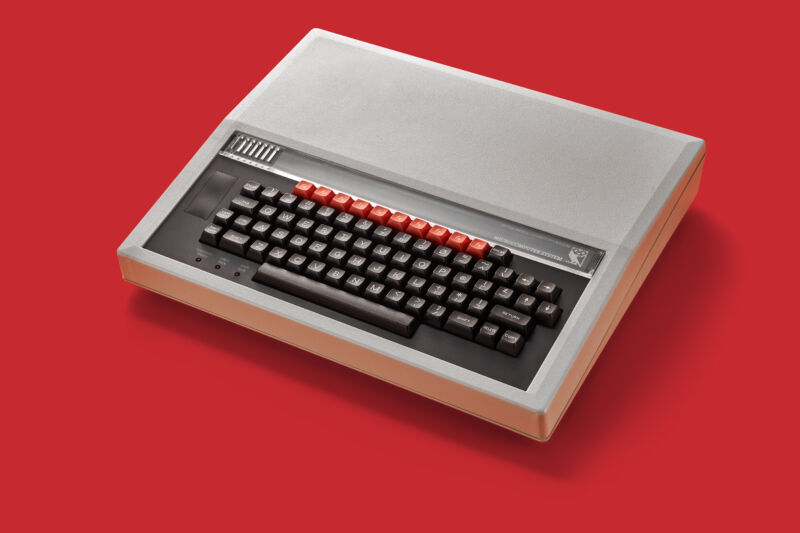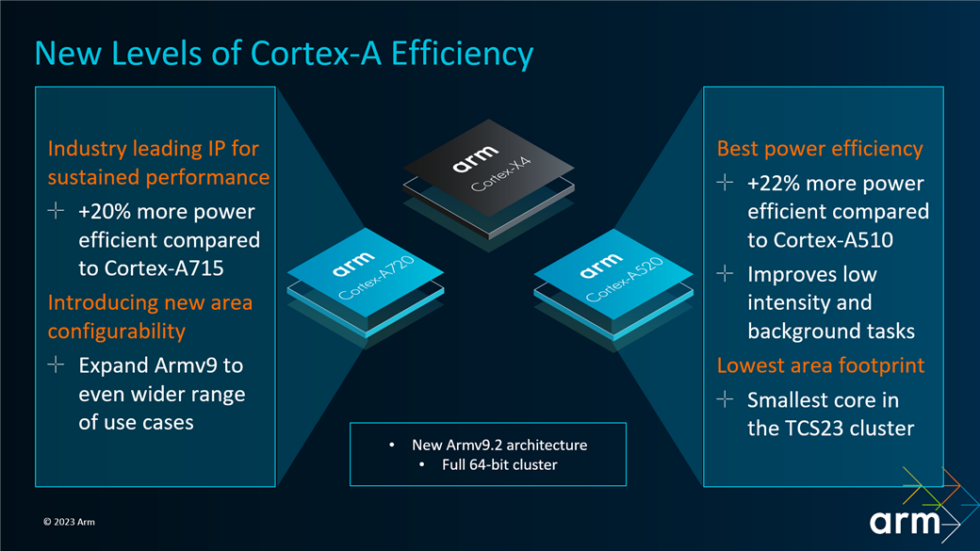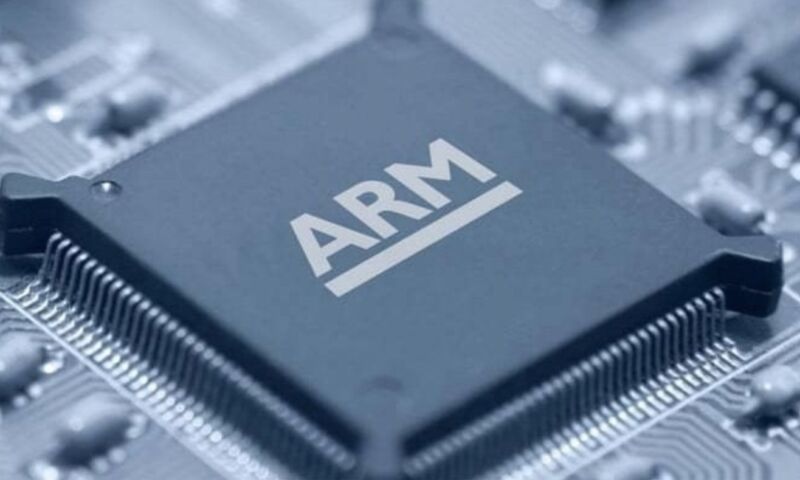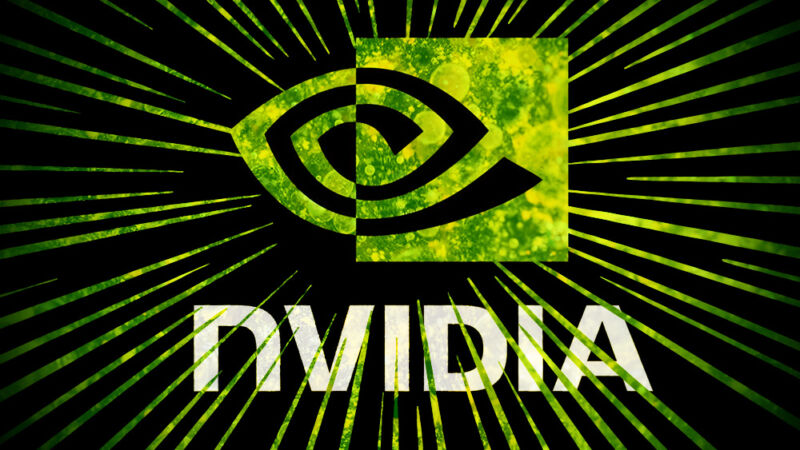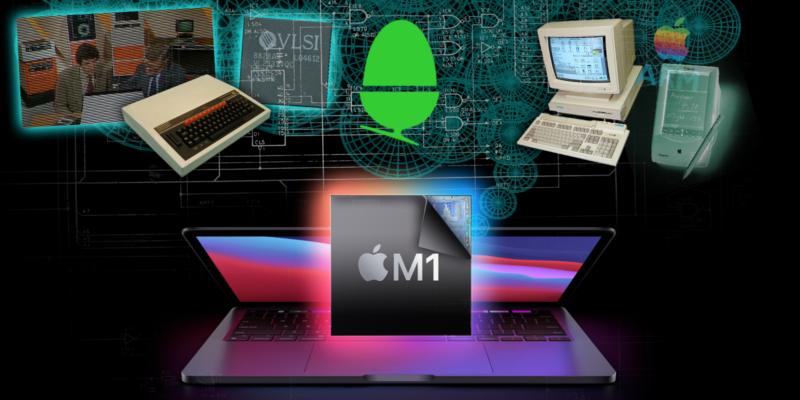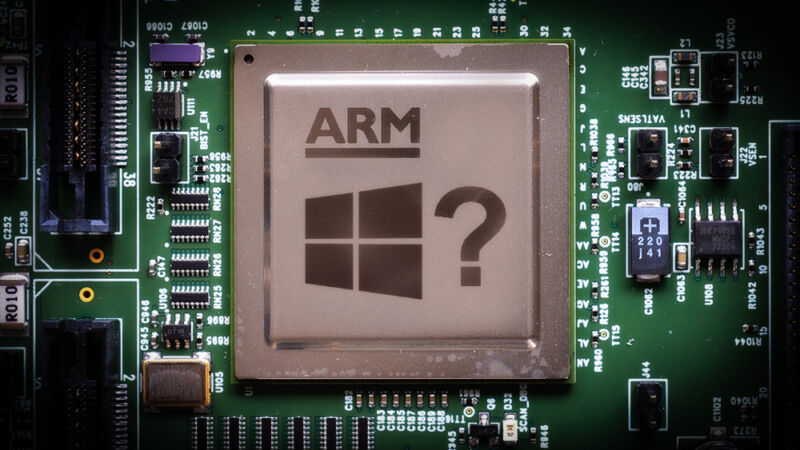-
 chevron_right
chevron_right
Chrome launches native build for Arm-powered Windows laptops
news.movim.eu / ArsTechnica · Tuesday, 26 March - 17:18 · 1 minute

Enlarge (credit: Getty Images )
We are quickly barreling toward an age of viable Arm-powered Windows laptops with the upcoming launch of Qualcomm's Snapdragon X Elite CPU. Hardware options are great, but getting useful computers out of them will require a lot of new software, and a big one has just launched: Chrome for Windows on Arm.
Google has had a nightly "canary" build running since January , but now it has a blog post up touting a production-ready version of Chrome for "Arm-compatible Windows PCs powered by Snapdragon." That's right, Qualcomm has a big hand in this release, too, with its own press announcement touting Google's browser release for its upcoming chip. Google promises a native version of Chrome will be "fully optimized for your PC’s [Arm] hardware and operating system to make browsing the web faster and smoother."
Apple upended laptop CPU architecture when it dumped Intel and launched the Arm-based Apple Silicon M1. A few years later and Qualcomm is ready to answer—mostly by buying a company full of Apple Silicon veterans—with the upcoming launch of the Snapdragon X Elite chip. Qualcomm claims the X Elite will bring Apple Silicon-class hardware to Windows, but the chip isn't out yet—it's due for a "mid-2024" release. Most of the software you'll be running will still be written in x86 and need to go through a translation layer, which will slow things down, but at least it won't have to be your primary browser.

